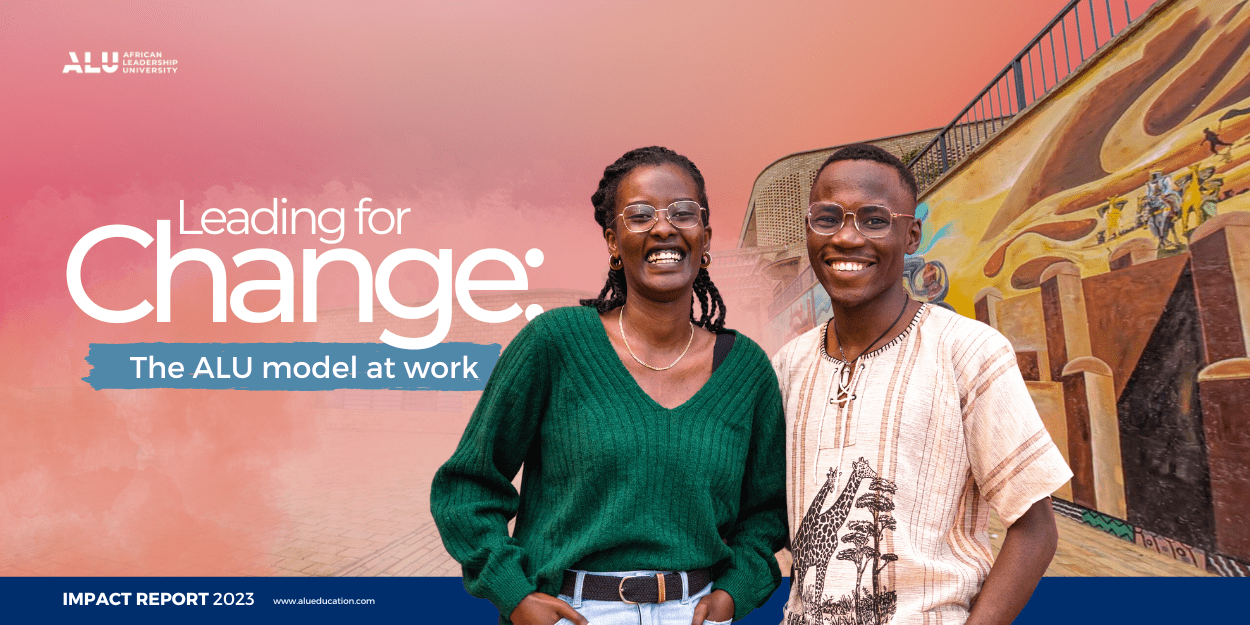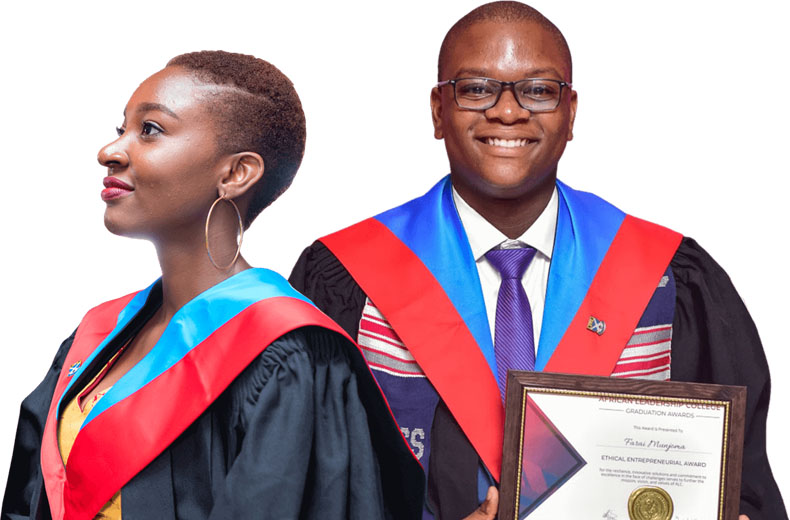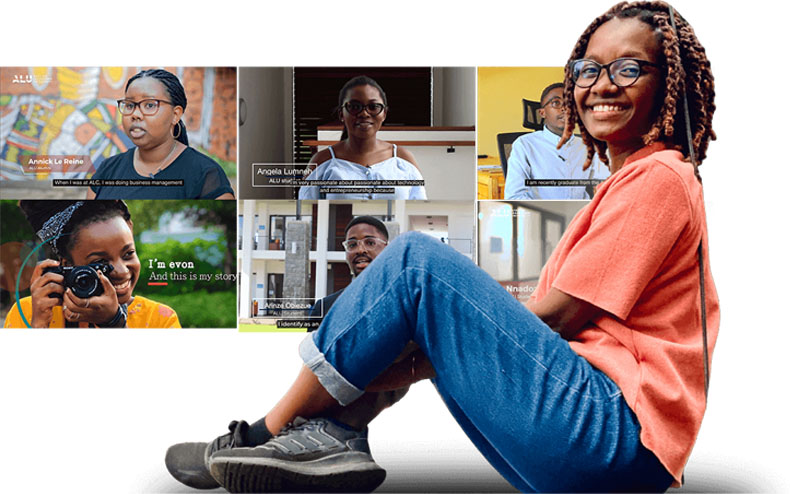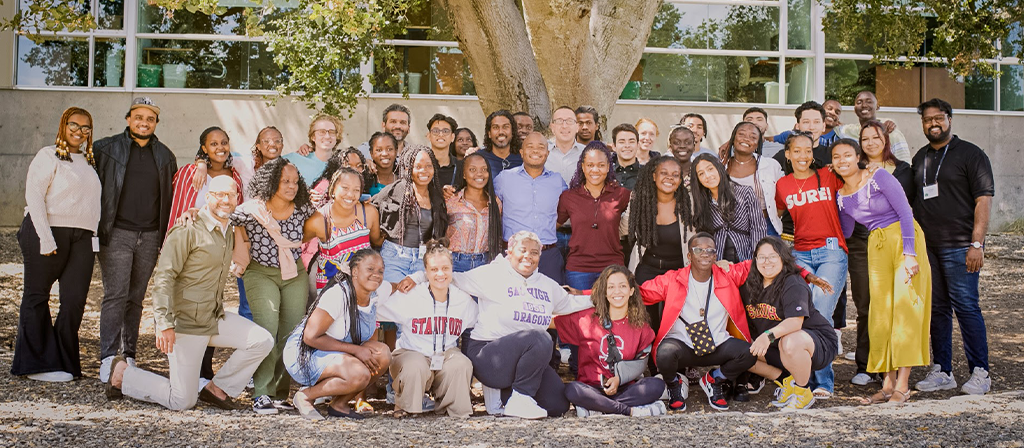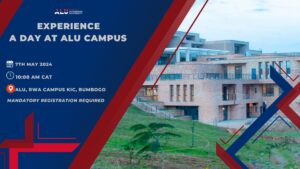Stanford, CA. — The Carnegie Foundation for the Advancement of Teaching, the African Leadership University (ALU) and College Track are pleased to announce their collaboration on a groundbreaking, experiential entrepreneurship program. In this full-time residency at Stanford University, cohorts of students from across California and the African continent will work in close collaboration, to build knowledge and key competencies at each stage of the entrepreneurial journey, from developing business ideas to scaling and sustainability.
“The purpose of this effort is twofold,” said Carnegie Foundation President Timothy Knowles. “To create an existence proof of a new model of postsecondary education in the United States that is rigorous, experiential and career aligned. And to establish a pipeline of extraordinary African and American students prepared to enter wealth building, purposeful careers. At its heart, this is about educational, economic and racial justice.”
ALU and College Track students will work together with established entrepreneurs and scholars on the Carnegie Foundation campus. Students will be engaging in group work on a startup idea, simulating the four stages of building a company: Genesis, Birth, Scale, and Transition. These young people, hailing from six countries (Kenya, Mauritius, Rwanda, South Africa, Tanzania, and Zimbabwe) and five cities across California, will be exposed to seminars on topics such as entrepreneurship and raising capital, interactive workshops to develop skills in continuous improvement and human-centered design, site visits to Silicon Valley innovation hubs and companies, and networking opportunities with established leaders and entrepreneurs such as Dr. William Cockayne, Jackiee Bernhelm, Abraham O. Tuyo, and Dr. Timnit Gebru.
The Silicon Valley Program is part of a new, tripartite collaboration between Carnegie, ALU and College Track to develop breakthrough postsecondary educational models that drive economic opportunity for underrepresented young people across the U.S. and Africa.
“This is an exciting new introduction to our 70% experiential learning model at ALU. By being the first African university to establish a presence in the U.S., we are exposing our students to global organizations and peers in Silicon Valley — to turbocharge their ability to see and create opportunities that will solve Africa’s grand challenges. As we continue to work towards providing excellent education at scale for our ALU students, we are also eager to collaborate with Carnegie & College Track to further develop this strategy in the U.S., and ultimately bridge the global access gaps in education and entrepreneurship,” says Fred Swaniker, founder of ALU.
“College Track is thrilled to be a partner in this ambitious, bold effort, which aligns so tightly to our organization’s vision to inspire a movement to democratize potential,” said Dr. Shirley M. Collado, president and CEO of College Track. “The deliberate creation of empowering cross-sector partnerships such as this one, which both apply and reframe existing systems of success through a lens of innovation and ethics, is an approach that is desperately needed as we collectively grapple with the impacts of entrenched systemic challenges around the globe. I am excited by what lies ahead for the talented scholars who comprise this inaugural cohort, and look forward to how they will work together across lines of identity.”
At Carnegie, this effort is being led by the foundation’s newly established Center for Postsecondary Innovation, designed to help instantiate new and emergent models of postsecondary education that effectively serve underrepresented students.
“This collaboration between Carnegie, ALU, and College Track speaks to the kind of innovative approaches we need in the higher education sector to ensure that every student, particularly those historically marginalized, have access to meaningful and high-quality postsecondary experiences” says Manuelito Biag, Managing Director of the Center for Postsecondary Innovation.
By the end of this program, participants will be able to develop effective ways of working and cultivating authentic relationships critical to the success of start-ups; distinguish between entrepreneurial behaviors, approaches, and ideas that can be applied to their personal missions and professional futures; and examine the relationship between entrepreneurship, innovation, and ethics as they relate to their personal values.

